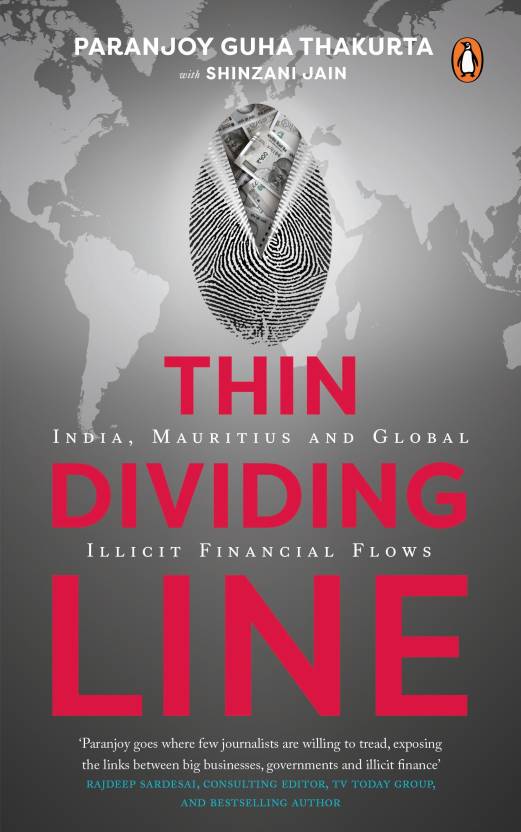In the wake of recent diplomatic tensions between India and Canada, New Delhi-based BLS International, a company providing outsourcing services to India’s diplomatic missions under the Ministry of External Affairs (MEA), including the issuance of visas electronically, encountered operational disruptions in Canada. Then came accusations that the private firm had botched up the implementation of an e-residency programme in Estonia, a country in northern Europe. The company claims the problems occurred because of errant employees against whom action is being taken.
The September 18, statement by Canadian Prime Minister Justin Trudeau on the alleged extra-judicial incident involving a Sikh on Canadian soil, and the subsequent straining of diplomatic relations between India and Canada, adversely impacted the operations of BLS International which facilitates visa applications for travel to India from Canada.
The company’s offices in Canada temporarily suspended visa processing activities, disrupting travellers’ plans who had no choice but to the follow cumbersome bureaucratic procedures to obtain visas to come to India. As discussions between diplomats of both countries led to the situation stabilising over the last two months, BLS International was awarded a contract for outsourcing consular, passport, and visa services by the High Commission of India (HCI) in Canada in the second week of December 2023. This contract encompasses operations of the HCI at Ottawa and the Consulate Generals of India in Toronto and Vancouver.
The MEA contract to BLS International for outsourcing of consular services in Canada includes not just issuance of passports and visas, but also providing Overseas Citizenship of India (OCI) documents, police clearances, issuing surrender certificates to those wanting to renunciate their Indian citizenship, and verification and attestation of documents.
A day before Trudeau’s statement, on November 17, the company, whose shares are publicly listed for trading in stock markets, obtained a Rs 50-crore contract for conducting data quality checks for Aadhar cards issued by the Unique Identification Authority of India (UIDAI). The UIDAI contract is for three years and can be extended for two more years. The objectives of this contract are to ensure the “accuracy, integrity, and security of Aadhaar data,” in alignment with UIDAI’s requirements.
BLS International found itself in the spotlight again on December 6, but for the wrong reasons, following the publication of a report on alleged misdemeanours by the company in Estonia that were related to electronic processing of residency applications.
Digital Identity Cards
The Republic of Estonia had awarded BLS International a contract to administer the issuance of Estonian e-residency digital identity cards. These cards, issued by the Estonian Police and Border Guard Board, grant non-Estonians access to various services in Estonia, including formation of companies, banking facilities, and electronic processing of payments and taxes, while not conferring citizenship rights on them.
The card does not grant rights of physical residency or citizenship but confers a status on the cardholder that provides her or him an opportunity to run a business in the European Union’s digital environment. E-residents receive a government-issued digital identity card that enables them to sign documents and authenticate their identity online, facilitating the management of a business from anywhere in the world. This programme is part of Estonia’s “advanced digital society initiative” and is open to anyone in the world interested in establishing and managing a location-independent business.
E-residency documents are issued by Estonia’s foreign affairs administration. In 2021, the country began issuing e-residency cards in Tokyo (Japan), Bangkok (Thailand), Singapore, Sao Paulo (Brazil) and Johannesburg (South Africa) through BLS International Services Ltd., that was described as the Estonian government’s “third-party partner.”
Detection of Scams
Estonian government authorities uncovered instances of alleged misconduct by BLS International, according to a July 2023 report by ERR News, the English-language channel of the Estonian public broadcasting organisation. The Estonian police and border authorities reportedly found that the company had violated key contractual obligations by “unauthorised” issuance of documents in Bangkok, Thailand. This incident was deemed a “serious breach of protocol” by Estonia’s Interior Ministry. Other instances of irregularities were found, the report added, without specifying details.
In response to the allegations, BLS International stated that “the matter is under legal proceedings and that disciplinary actions have been taken against employees involved.”
Further investigations are reportedly underway to “fully understand” the extent of the breaches and determine the actions that need to be taken to safeguard the integrity of the e-residency programme. Estonian authorities are reviewing their vetting procedures for programme administrators and implementing stricter control mechanisms.
The Estonian government claims that the e-residency programme has had significantly positive impact on that country’s economy. According to Estonia’s Ministry of the Interior, the e-residency initiative has been “remarkably successful” with 73,000 e-residents collectively establishing over 14,600 companies. These businesses, spanning various sectors such as information technology, communications, professional services, and wholesale and retail trade, have employed over 1,400 individuals, whose monthly salaries surpass average salaries prevailing in Estonia.
Citizens from Germany, Russia and Ukraine have reportedly been the primary contributors to this scheme. Since its inception in 2014, the e-residency programme has generated a direct benefit of 36.3 million euros for Estonia’s economy through taxes alone, its government has claimed.
Dark Side of E-Residency Scheme
The dark side of the programme has been its abuse by financial fraudsters and criminals. In February 2019, Estonia faced international scrutiny when a $230 billion money laundering scam was tracked down to the Estonian branch of Danske Bank. The e-residency programme, which allows some e-residents to bank in Estonia even though they live abroad, was cited as a potential high-tech route for suspect funds.
There also have been incidents where the e-residency programme has been misused. For example, in 2018, Varun Gupta, an e-resident from India, created a fake university in Estonia to grant bogus diplomas. Interestingly, the person who founded the company in Estonia as an e-resident had never been to Estonia himself. Similarly, another e-resident from the Philippines was found to be on the management board of almost 60 Estonian companies that were in financial difficulties.
The Estonian Internal Security Service revealed in its annual review that 26 individuals with links to Islamist terrorist/extremist groups had become, or attempted to become, or became e-residents of the country in 2022.
Indian Media Picks Up Story
Whereas a representative of BLS International, who spoke to one of the writers of this article on condition of anonymity, claimed the company had addressed complaints of violation of conditions in Estonia’s e-residency programme in July 2023, on December 6, the pro-Indian government Asian News International (ANI) put out a story by Ashoke Raj with the title “Indian visa outsourcing firm faces action in Estonia.”
An unnamed spokesperson of BLS International told ANI: “The matter is sub judice. We do not wish to comment on it until then... The contract was discontinued due to unlawful conduct of certain errant employees – a factor beyond the control of BLS. The conduct of such employees were not systemic but BLS had to face the brunt, but it did not encourage or partake in the said unlawful actions.”
According to the company source: “(The) BLS management has taken disciplinary action against the errant employees as per the employment agreement.”
The company representative one of us spoke with claimed the “resurrected allegations” were “baseless,” a consequence of “internal politics” in Estonia, and “potentially fuelled by our business rivals” without naming any company.
The biggest corporate rival of BLS International is VFS Global that claims on its website that it is “the world’s largest visa outsourcing and technology services specialist for governments and diplomatic missions worldwide... and manages the administrative and non-judgmental tasks related to visa, passport and consular services…”
VFS Global says it has 3,378 application centres and operations in 149 countries for 70 client governments. The company adds that it has successfully processed over 276 million applications since its inception in 2001, and over 128.97 million biometric enrolments since 2007.
It must be emphasised that we, the writers of this article, are not casting any aspersions on the integrity of VFS Global or its operations but merely pointing out that it is a corporate rival of BLS International.
The latter’s representative told one of us that its dispute with the Estonian government had been “resolved” and that “disciplinary actions have been taken” against particular employees.


